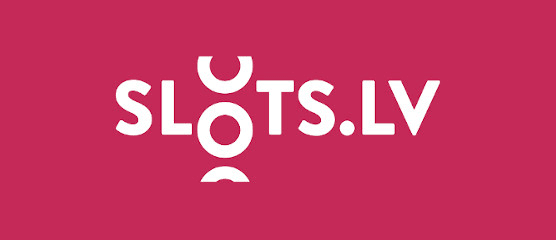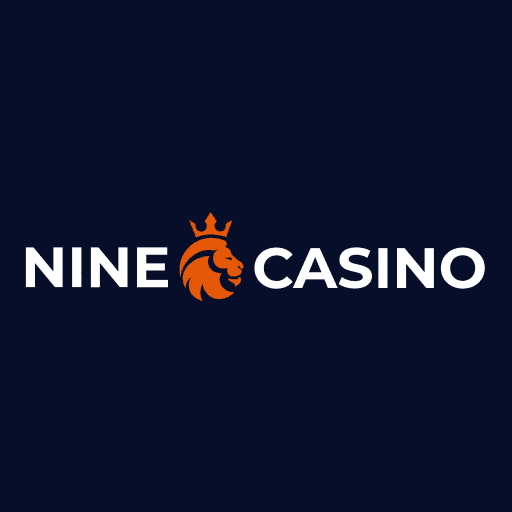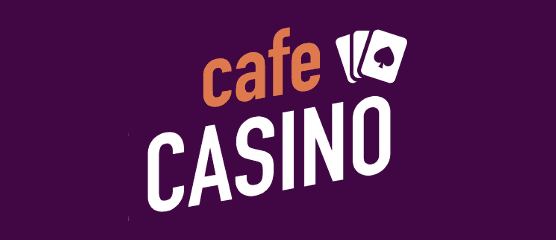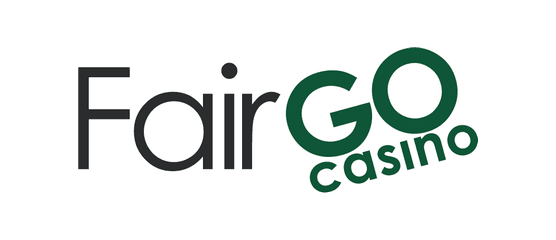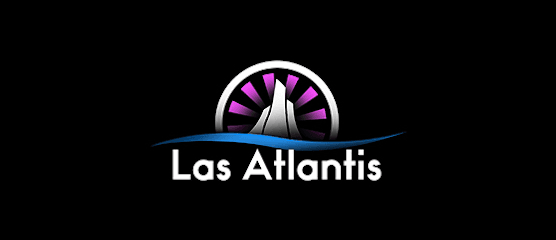#1
Online Casinos New Jersey – Best Legal NJ Casino Sites & Bonuses in 2026
Online casinos New Jersey have been fully legal, regulated, and thriving for over a decade, giving players some of the safest and most exciting real money gambling options anywhere in the US.
How We Rate
Affiliate Disclosure
Are Online Casinos Legal in New Jersey?
Yes, online gambling in New Jersey has been legal since 2013, making it one of the earliest states to embrace regulated iGaming.
New Jersey didn’t just legalize online casinos; it built a system designed to protect players, encourage competition, and generate tax revenue, all without sacrificing fairness or safety.
🎯 Who regulates online casinos in NJ?
All legal online casinos New Jersey are overseen by the New Jersey Division of Gaming Enforcement (DGE), which
Licenses every operator
Tests games for fairness
Monitors payouts and security
Enforces responsible gambling tools
If a casino doesn’t have DGE approval, it’s not legal in New Jersey.
Top Licensed NJ Online Casinos — What Really Sets Them Apart
The top licensed NJ online casinos are not all built the same. New Jersey has more licensed casino sites than any other US state and here are some of the options:
Caesars Online Casino
Strongest cross-rewards system (online + Atlantic City stays)
Large selection of exclusive Caesars-branded slots
Frequent reload bonuses after your first deposit
Great for players who visit Atlantic City in person
BetMGM Casino
Industry-leading jackpot slots and progressive games
Excellent live dealer studio powered by Evolution
One of the fastest withdrawal systems in NJ
Seamless integration with MGM Rewards
FanDuel Casino
Very low wagering requirements compared to competitors
Strong promotions for casual players
Smooth app performance with minimal downtime
Excellent customer support reputation
DraftKings Casino
One of the largest game libraries in the state
Regular leaderboard competitions
Strong poker-style tournaments for slot players
Clean interface ideal for beginners
Borgata Online
Premium, high-end casino feel
Great live dealer and table game variety
Known for player trust and reliability
Popular with experienced casino players
Golden Nugget
Early NJ iGaming pioneer
Exclusive slot titles not found elsewhere
Strong loyalty perks
Reliable payment history
How to Choose a Safe Online Casino in New Jersey
Choosing a safe online casino in NJ is important because it makes all the difference in your experience. Here's what you need to look out for:
1. Key Safety Checks Players Should Use
Confirm the casino appears on the NJ DGE approved list
Check for SSL encryption (https + lock icon)
Review payout speeds and banking transparency
Read bonus terms before claiming
2. RNG & Game Fairness
NJ requires independent testing labs
Games must meet strict payout and randomness standards
Live dealer studios are audited in real time
3. Payment Safety Tips
Use PayPal or ACH for fastest withdrawals
Avoid prepaid cards for cashouts
Verify your identity early to prevent payout delays
4. 🔴 Red Flags to Avoid
Unclear wagering requirements
Delayed withdrawals without explanation
Bonuses that restrict cash games excessively
Atlantic City Online Casinos & Partnerships
New Jersey’s Atlantic City casino partnership model is a major reason players feel confident gambling online here.
How the Partnership Model Protects Players
Each online casino must operate under a physical Atlantic City casino license
That land-based casino is financially and legally responsible
Any violation impacts both the online brand and the brick-and-mortar casino
Key Atlantic City–Online Casino Pairings
Borgata → BetMGM, Borgata Online
Resorts Casino → DraftKings, Resorts Online
Caesars Atlantic City → Caesars Casino
Golden Nugget → Golden Nugget Online
Hard Rock Atlantic City → Hard Rock Bet
Why This Matters to Players
Strong incentive to resolve disputes quickly
Real-world reputations are on the line
Better customer service and faster payouts
Easier escalation if something goes wrong
Responsible Gambling in New Jersey
New Jersey doesn’t just talk about responsible gambling, it builds it directly into every casino platform.
Players can set:
Daily, weekly, or monthly deposit limits
Loss limits
Time limits with automatic session reminders
Cooling-off periods from 24 hours to several months
New Jersey Online Casinos FAQs
Are online casinos legal in New Jersey?
Yes. Online casinos in NJ have been legal and regulated since 2013.
What bonuses can I get in New Jersey?
Deposit matches, free spins, VIP rewards, and occasional no-deposit offers.
How old do you have to be to gamble online in NJ?
You must be 21 or older to gamble for real money in New Jersey.
Are Atlantic City casinos online?
Yes. Every NJ online casino is partnered with an Atlantic City casino.


















